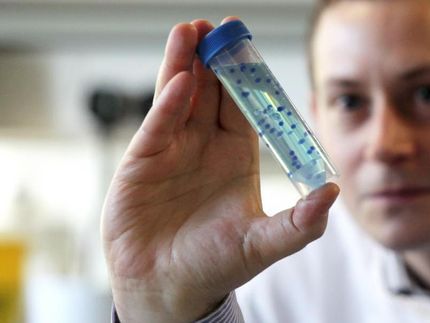Stem Cells from Placenta Show Promise for Treating Heart Failure
Advertisement
stem cells collected from placenta, which is generally discarded after childbirth, show promise as a treatment for heart failure. Found in STEM CELLS Translational Medicine, a new study using mice determined that human-derived adherent cells (PDAC® cells) significantly improved cardiac function when injected into the heart muscle.
Cell therapies for cardiac repair have generated considerable interest in recent years. While earlier studies using autologous bone marrow transplantation (that is, stem cells collected from the patient’s own bone marrow) helped improve cardiac function after myocardial infarction (MI); more recent studies showed no benefit in the early stages after MI. This has led researchers to question whether mesenchymal stem cells from sources other than bone marrow, such as cord blood and placenta tissue, might yield better results.
Among those interested in this is an international team co-led by Patrick C.H. Hsieh of Taiwan’s Institute of Biomedical Sciences, Academia Sinica, Taipei, and Uri Herzberg of Celgene Cellular Therapeutics, Warren, New Jersey, U.S. They recently undertook a study to test the therapeutic effects of PDA-001, an intravenous formulation of PDAC® cells, in mice. The researchers were also testing the best way to deliver the therapy.
“Three weeks after chronic heart failure was induced in the animals they were treated with the stem cells by either direct intramyocardial (IM) or intravenous (IV) injection,” Dr. Hsieh said. “The results showed that the IM injections significantly improved the left ventricle systolic and diastolic functions compared with injection of vehicle or IV injection of PDA-001.
“The IM injections also decreased cardiac fibrosis in the vicinity of the injection sites. We repeatedly observed improvement of cardiac function in the injected sites following IM PDA-001 treatment,” Dr. Herzberg added. “Based on these results, we want to continue our investigations to optimize the effect through controlling the dose, timing and delivery.”
“In this animal model of progressive heart injury, stem cells isolated from placenta showed promise as an off-the-shelf therapy for cardiac repair, warranting the need for testing in additional models,” said Anthony Atala, M.D., Editor-in-Chief of STEM CELLS Translational Medicine and director of the Wake Forest Institute for Regenerative Medicine.
Original publication
“Human Placenta-derived Adherent Cells Improve Cardiac Performance in Mice with Chronic Heart Failure.”; STEM CELLS Translational Medicine

















































